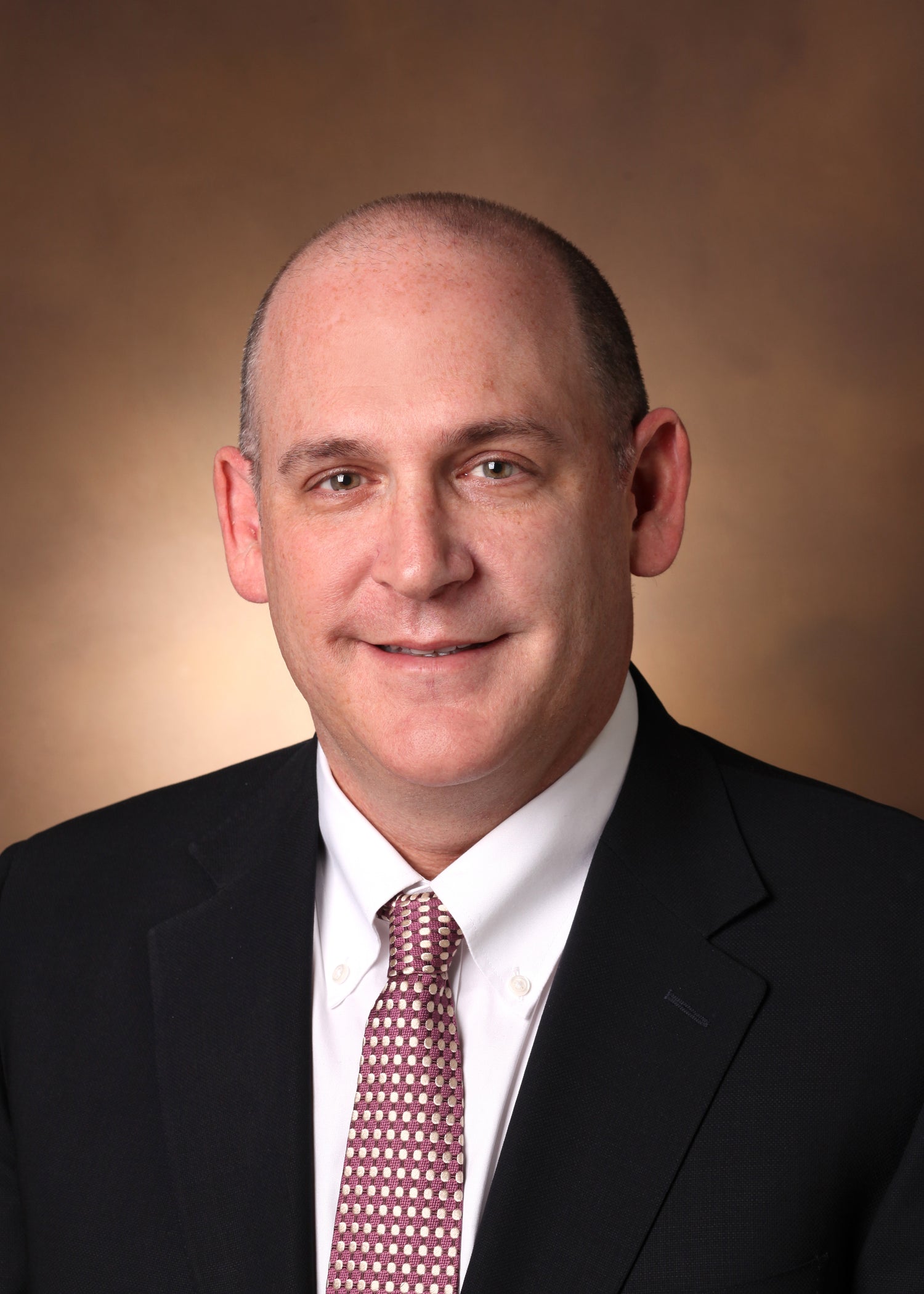Episode 37: Decoding Decision-Making in Prostate Cancer (Part 2)
Dr. David Penson, Chair of the Department of Urology at Vanderbilt University, discusses his comparative effectiveness research in prostate cancer. In the second of our two-part prostate cancer series, we delve deeper into the world of prostate cancer treatment decision-making. Dr. Penson discusses the emotional and informational hurdles that patients face, as well as the importance of patient education, understanding patient preferences, and the ongoing battle against overtreatment in prostate cancer.
This episode was supported by the Patient Centered Outcomes Research Institute (PCORI) and features this PCORI study by Dr. Penson.
And check out our Podcast Club response to this episode in the video below featuring Men's Health Network.
What we discussed

Podcast Club featuring Men's Health Network
What is a Podcast Club? Podcast clubs are a way for our community to engage in and respond to podcast episodes that matter to them. This Podcast Club features Men's Health Network Senior Science Advisor, Dr. Sal Giorgianni. Dr. Giorgianni has also had a personal experience with Prostate Cancer as a patient.

About our guest
David F. Penson, MD, MPH is the Hamilton and Howd Chair in Urologic Oncology, Director of the Center for Surgical Quality and Outcomes Research and Professor and Chair, Department of Urology at Vanderbilt University. He currently maintains a clinical practice in urologic oncology at the Vanderbilt-Ingram Cancer Center. While his general research focus is clinical epidemiology and health services research across all urologic disease, his specific interests include the comparative effectiveness of treatment options in localized prostate cancer and the impact of the disease and its treatment on patients’ quality of life.
Watch the video of our episode on YouTube
Key Moments
-
4 minutes:
On overdiagnosis and the clinical shift to active surveillance.
We have this situation where we were over diagnosing. Half the men who were detected by PSA screening at the turn of the century were overdiagnosed, depending on how you defined overdiagnosis. And they were all getting treated. So you had this terrible problem where we were just kind of treating everybody. I think what we've learned is that, in fact, not everyone with prostate cancer needs to be treated. That PSA picks up a lot of clinically indolent prostate cancer.
-
24 minutes:
On determining a patient’s treatment priorities.
The cancer control and cure piece is not quite as clear [with radiation] because you're not pulling the cancer out. So you don't have the psychological benefit of knowing what you're dealing with. And it's very hard to do surgery after radiation. So it becomes this set of options, a set of what's important to you, right? So patients may not walk in the door saying, ‘I have a preference set.’ But as you start talking to them, their preference set becomes relatively clear. And when I talk to them, I say, ‘Listen, I can tell you what I would do,’ because a lot of times they say, ‘Doc, what would you do?’ But the problem is, I can't take Dave out of Dr. Penson, right? So I have my own set of preferences.
-
36 minutes:
On how emotion can override rational decision making.
But I think it's very hard to sort of turn down the emotional volume because the word ‘cancer’, any human hears that, and it scares you. Right? That goes back to what we were saying before about maybe we shouldn't be calling Gleason 6 cancer, cancer. Because there's a charge that goes with that word that freaks people out.
Manta Planner
Manta Planner©: Structured medical planner for cancer patients and caregivers. Science-backed tools to track symptoms, make decisions, and stay organized.
Share





Disclaimer: This podcast blog is for general informational purposes only and does not constitute the practice of medicine, nursing or other professional health care services, including the giving of medical advice, and no doctor/patient relationship is formed. The use of information on this podcast blog or materials linked from this podcast blog is at the user's own risk. The content of this podcast blog is not intended to be a substitute for professional medical advice, diagnosis, or treatment. Users should not disregard, or delay in obtaining, medical advice for any medical condition they may have, and should seek the assistance of their health care professionals for any such conditions.

